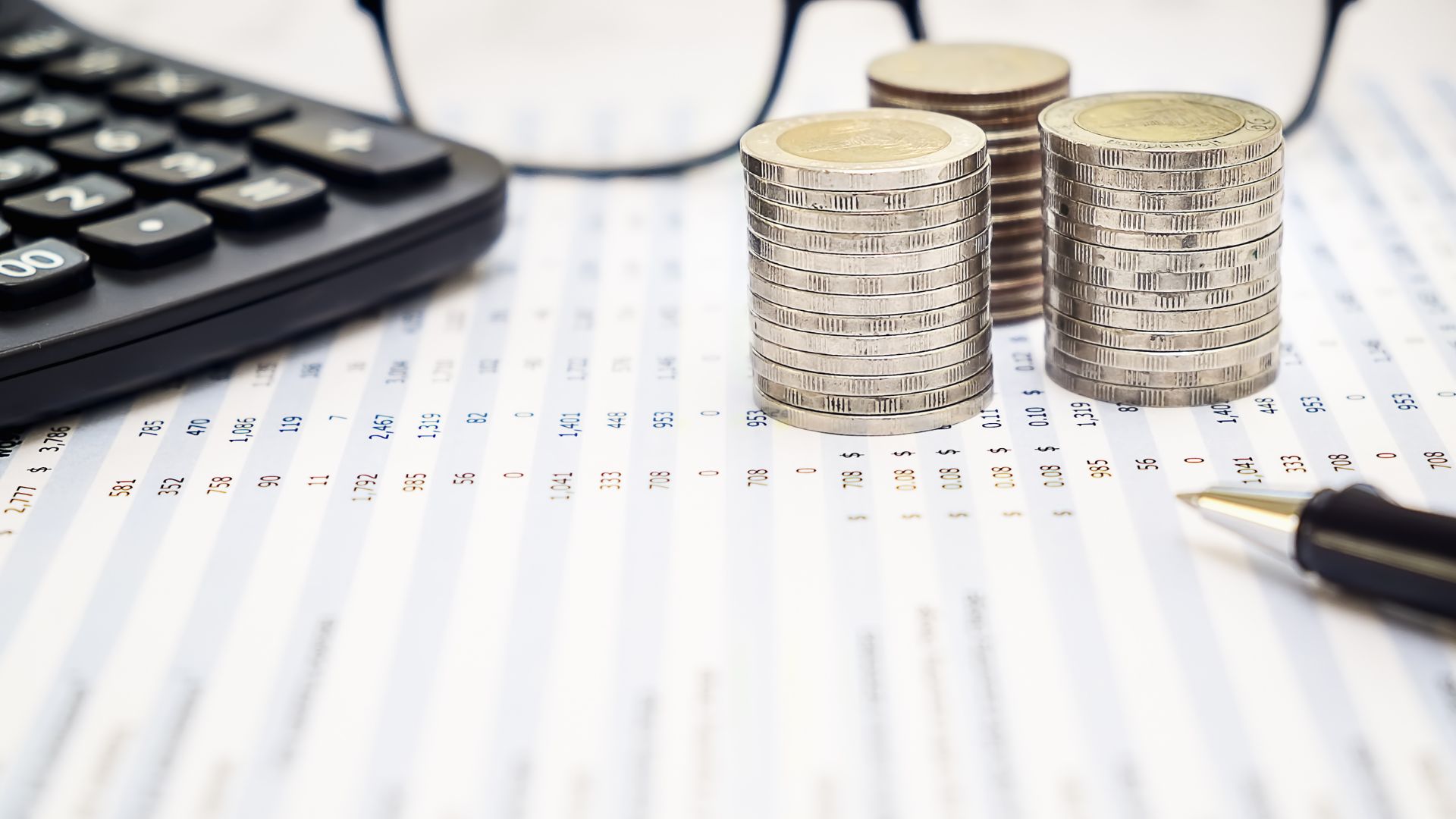What is Credit Card? Know The Ins and Outs of Credit Cards

With the total number of credit cards in India nearing the 100-million mark, this financial instrument has become one of the most valuable tools for saving. Knowing what a credit card is and the benefits it offers helps you decide whether or not to get one.
Credit cards eliminate the hassle of carrying wads of cash and allow you to manage expenses without overburdening your finances. However, navigating the world of credit cards isn’t easy, as it requires strict financial discipline.
Understanding the basics of these cards and how to use them can help you get the most out of them.
What is a Credit Card?
A credit card is a financial tool that extends you a short-term line of credit for your online and in-store purchases. Banks and other financial institutions issue these cards based on a predetermined limit.
How Credit Cards Work
As mentioned earlier, a credit card lets you make purchases both at offline and online stores. Once you swipe the card or use it at checkout, the credit card platform verifies the transaction.
This sum is deducted from the card’s credit limit when the payment platform authorises the transaction. You will have to repay the amount you have borrowed within a stipulated timeline once you receive the credit card bill.
Important Credit Card Terms You Need to Know
Here are certain terms related to credit cards that you need to know:
Card Number
- It is typically a 15- or 16-digit number that is printed or etched on your credit card
- These numbers signify various things, including the card’s network, issuer, and the cardholder’s name
- You require this number when making an online purchase using your credit card
CVV
- Card Verification Value is a three-digit number that you can find on the back of your card
- This code provides an extra layer of protection when you make card-not-present transactions
PIN
- Unlike CVVs, these are 4-digit numbers that serve as a code when you make a transaction at a POS machine
- You also need to enter this security code when using the cash advance facility
Expiration Date
- The expiration date indicates the month and year at the end of which your credit card will cease to work
- You can locate it at the back or the front of your credit card, between the card number and the cardholder’s name
Billing Cycle
- It refers to the timeframe from the date of last bill generation to the current date
- A credit card’s billing cycle generally ranges between 30-45 days
- The due date for paying your credit card bills will also depend on your billing cycle
Grace Period
- It is the time period between the date of the end of the billing cycle and the due date
- During this timeframe, the credit card companies don’t charge interest on your outstanding balance
Minimum Payment
- This refers to the minimum amount you need to pay within the due date to avoid any late payment charges
- Paying less than the minimum due will negatively impact your credit score, as it is considered a missed payment.
- While the amount of minimum payment payable can vary, most issuers require you to repay at least 5% of your outstanding bill.
Credit Limit
- It is the maximum amount you can borrow in a billing cycle and depends on various factors, like creditworthiness and income.
- As credit cards are essentially lines of credit, your limit is replenished once you repay the bill.
Charges Associated with Credit Cards
Credit cards come with certain charges that determine your overall borrowing costs. The following are some of the common fees that credit card companies levy:
Annual Fee
Certain premium credit cards come with a fixed fee that you need to pay annually to keep the card active. However, certain premium credit cards don’t charge any renewal fees. For instance, you can apply for a metallic credit card, or the One Credit Card, with no annual fees and enjoy premium benefits.
Late Payment and Cash Advance Fee
The credit card companies levy this fee when you miss or default on a repayment. On the other hand, a cash advance fee applies if you withdraw cash from an ATM using your credit card.
Credit cards can be a valuable tool for managing cash flows, building credit history, and earning rewards. However, it is also crucial to use them responsibly to avoid tripping into a debt spiral.
If you want a card that allows you to earn great rewards and exclusive deals, get the One Credit Card. With this premium metal card, you can earn 5X reward points on your top two categories, exclusive deals on shopping, a waiver on fuel surcharge, and more.
Using its powerful mobile app, you can always track and control your credit card spending and bills, ensuring that you never miss a due date. Apply now to enjoy these features and more!






